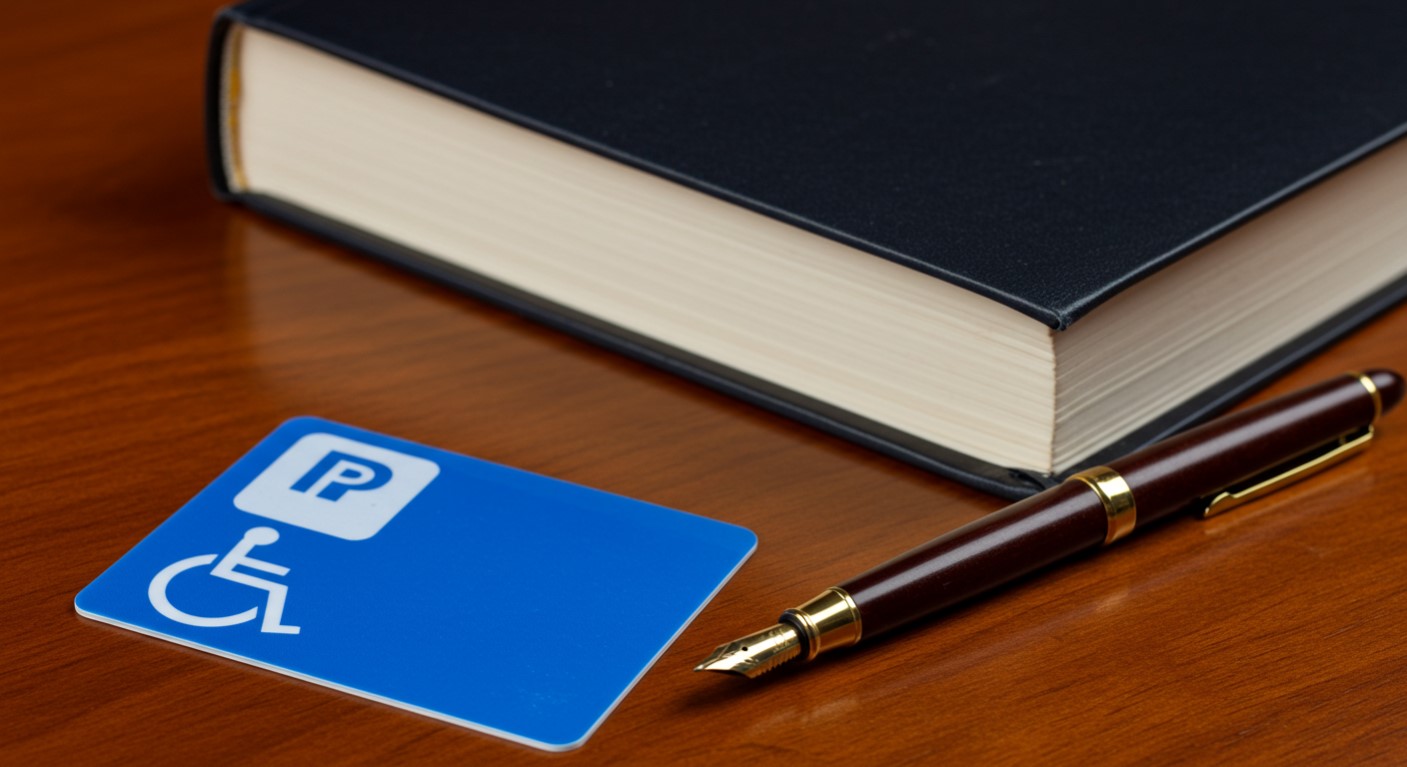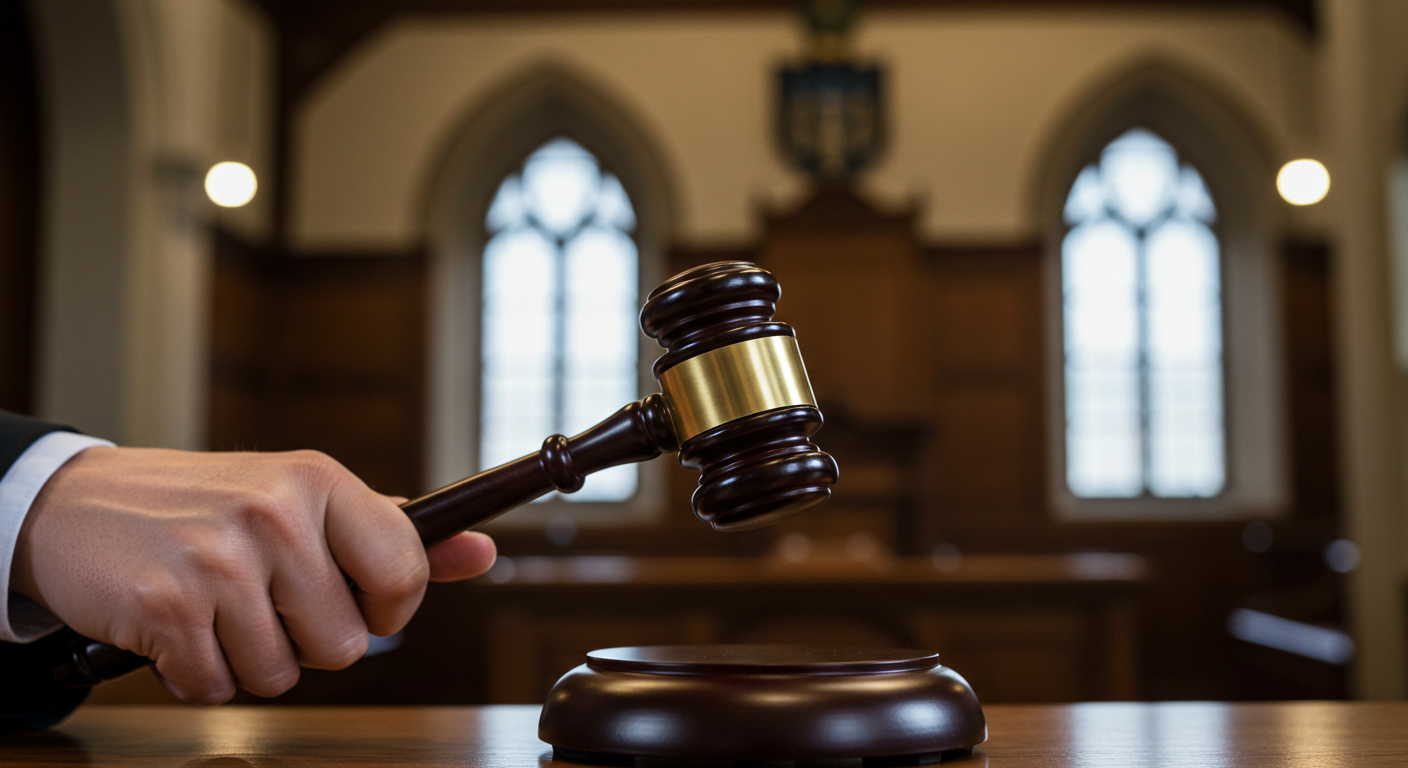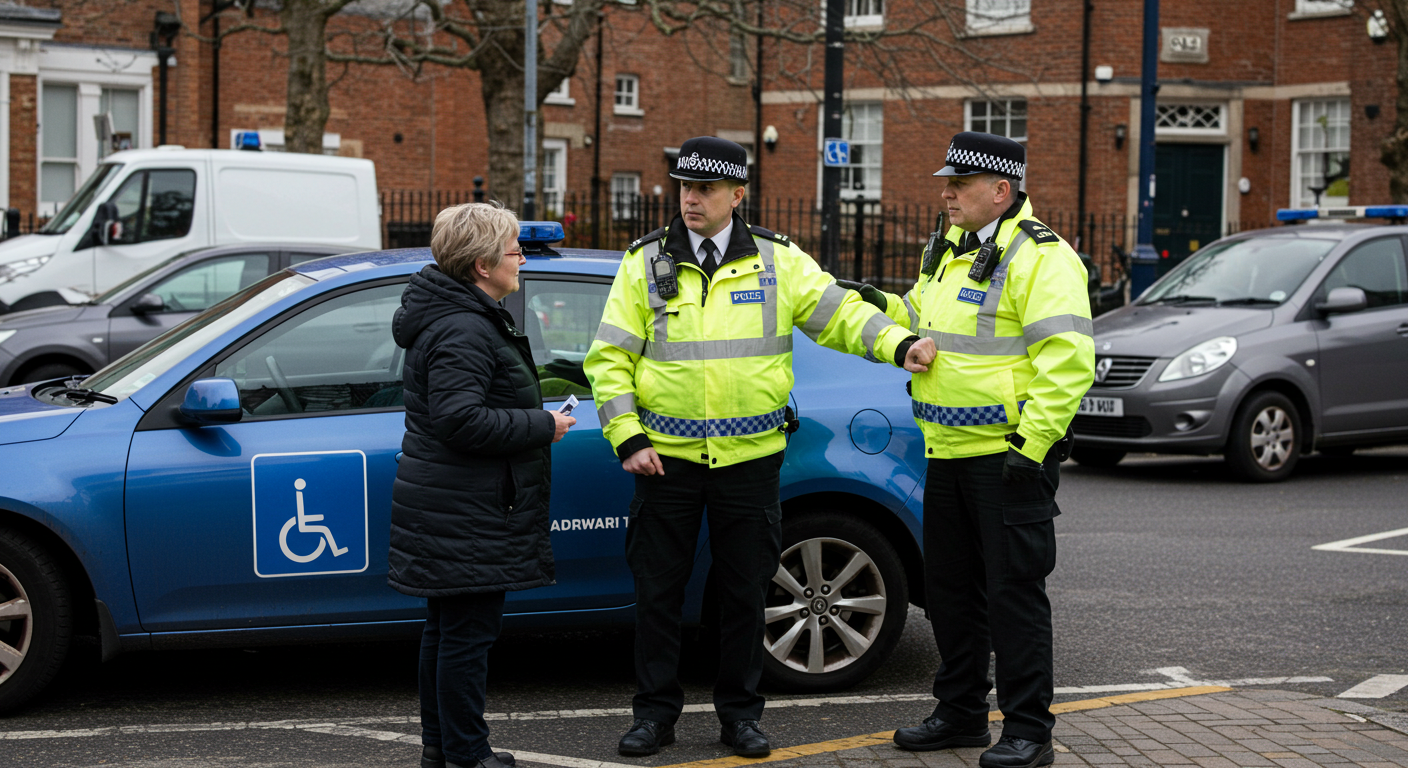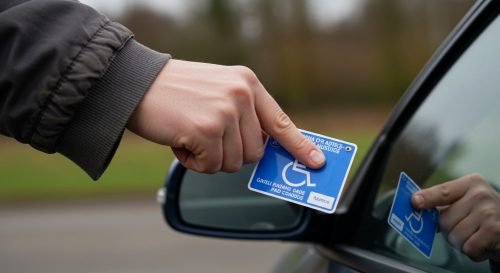Disabled Badge and Blue Badge Misuse
The Blue Badge scheme is a crucial support system designed to assist individuals with significant mobility issues by providing essential parking privileges. These privileges make everyday tasks more manageable for those who genuinely need them. However, blue badge misuse, whether intentional or accidental, can result in serious legal consequences.
In this article, we will explore the various aspects of Blue Badge fraud, the legal framework governing its misuse, and what to expect if you are accused of this offence.
Understanding Blue Badge Fraud

Blue Badge fraud involves a range of illegal activities related to the misuse of disabled badges. This can include using a badge that does not belong to you, utilising an expired or tampered badge, or even creating and using a counterfeit badge. In the UK, fraudulent use of a Blue Badge is a criminal offence and is taken very seriously by local authorities.
Local councils are increasingly vigilant in detecting and prosecuting Blue Badge fraud, partly due to advancements in technology, such as CCTV and license plate recognition systems, which make it easier to identify fraudulent activity. If caught, those committing Blue Badge fraud can face severe penalties, including fines, confiscation of the badge, and even criminal prosecution.
Misuse of a Blue Badge: What Constitutes an Offence?
Misuse of a Blue Badge can take many forms, some of which may seem harmless but are still illegal. Common examples include:
- Using a badge when the holder is not present.
- Allowing someone else to use your badge.
- Parking in a location where the badge does not provide an exemption.
It is crucial to understand that a Blue Badge is issued to a specific individual and is intended to be used only by them or for their direct benefit. The consequences of misusing a Blue Badge can be severe, even if the misuse is unintentional. Local authorities have the power to issue fines, confiscate the badge, and, in some cases, prosecute offenders. Repeated misuse can also lead to a ban on applying for a new badge.
Authorities are strict about Blue Badge misuse to ensure that parking spaces designated for disabled individuals are available to those who genuinely need them. Misusing a badge not only breaks the law but also contributes to the challenges disabled individuals face in finding accessible parking.
Legal Framework: The Fraud Act 2006

The Fraud Act 2006 is the primary piece of legislation under which Blue Badge fraud is prosecuted. This Act outlines various offences related to fraud, including making a false representation, failing to disclose information, and abusing a position of trust. When it comes to Blue Badge misuse, these offences can apply in several ways.
For instance, using a fake or altered Blue Badge constitutes making a false representation that you are entitled to the parking privileges it confers. Similarly, allowing someone else to use your badge without disclosing that the badge holder is not present is a failure to disclose relevant information. Such actions can lead to prosecution under the Fraud Act 2006.
Penalties under the Fraud Act 2006 can be severe. If convicted of Blue Badge fraud, you could face a fine of up to £5,000 and, in some cases, imprisonment. The Act also provides for the confiscation of any items used in the commission of the offence, including the Blue Badge itself. Additionally, a criminal conviction for fraud can have long-lasting implications, such as difficulties in securing employment, obtaining credit, and even traveling abroad.
What to Expect During a Blue Badge Misuse Interview
If you are accused of Blue Badge misuse, you may be required to attend a formal interview with local authority officials or the police. This interview is a critical part of the investigation and can significantly impact the outcome of your case. It is essential to approach this interview seriously and to seek legal advice before attending.
During the interview, you will be asked to explain your actions and provide any relevant evidence. The authorities will use the information gathered to determine whether there is enough evidence to proceed with a prosecution. While it is essential to be truthful and transparent during the interview, you should also be aware of your legal rights.
You have the right to remain silent during the interview, though choosing to do so may be used against you in court. You also have the right to legal representation. It is highly recommended that you seek the advice of a solicitor experienced in Blue Badge misuse cases before attending the interview. A solicitor can help you understand the questions being asked, advise you on how to respond, and ensure that your rights are protected throughout the process.
Sentencing Guidelines for Blue Badge Misuse

If you are convicted of Blue Badge misuse, the sentence will depend on several factors, including the severity of the offence, whether it was a first-time or repeat offence, and any mitigating circumstances. The courts follow specific sentencing guidelines when dealing with Blue Badge misuse cases.
For minor offences, such as first-time misuse without aggravating factors, the penalty may be a fine or a warning. However, for more serious offences, such as using a fake badge or repeated misuse, the penalties can be much harsher. These may include a significant fine, the loss of the badge, and even imprisonment.
The courts will also consider any aggravating factors when determining the sentence. These could include the duration of the misuse, the financial gain obtained, and whether the misuse caused harm to others, such as preventing a disabled individual from accessing a parking space. Conversely, mitigating factors, such as genuine remorse or a lack of prior offences, may lead to a more lenient sentence.
It is important to note that even if the sentence does not include imprisonment, a conviction for Blue Badge misuse can have other serious consequences. A criminal record can affect your ability to find employment, secure housing, and travel abroad. Therefore, if you are facing charges of Blue Badge misuse, it is crucial to seek legal advice as soon as possible to ensure that your case is handled appropriately.
Conclusion: Caught Using a Disabled Badge Illegally

The misuse of a disabled badge is a serious offence that can lead to significant legal consequences. Whether you are accused of Blue Badge fraud, misuse, or any other related offence, it is important to understand the legal framework that governs these issues and the potential penalties you may face.
The Fraud Act 2006 provides the legal basis for prosecuting cases of Blue Badge misuse, and local authorities are increasingly vigilant in detecting and prosecuting these offences. If you are asked to attend a Blue Badge misuse interview, it is crucial to seek legal advice to protect your rights and ensure that you are adequately represented.
At Makwana Solicitors, we have extensive experience in defending individuals accused of Blue Badge misuse and related offences. Our team of legal experts can provide you with the guidance and representation you need to navigate the complexities of your case and achieve the best possible outcome.
Misuse of a disabled badge is not just a legal issue; it is a matter of fairness and integrity. By ensuring that Blue Badges are used correctly, we can help protect the rights of those who genuinely need them and maintain the integrity of this vital support system.
If you or someone you know is facing charges related to the misuse of a disabled badge, contact Makwana Solicitors today. Our team is here to help you understand your rights, build a strong defence, and achieve a fair and just outcome in your case.
Notice: Informational Content Disclaimer
The content provided on this website, including articles, blog posts, and other informational materials, is intended for general informational purposes only. It is not intended as, and should not be considered, legal advice.
Visitors to this website should be aware that the information presented here is not a substitute for seeking legal advice from a qualified solicitor or legal professional. Each individual's legal situation is unique, and the information provided may not be applicable to specific circumstances.
If you require legal advice or have specific legal questions, we encourage you to contact us directly. Our experienced team of solicitors is here to assist you with your legal needs and provide tailored advice to address your concerns.
Please be advised that any communication through this website, including the use of contact forms or email, does not create a solicitor-client relationship. Confidential or time-sensitive information should not be sent through this website. To establish a solicitor-client relationship and discuss your legal matters in detail, please contact us for a consultation.
We strive to provide accurate and up-to-date information, but we make no representations or warranties regarding the accuracy, completeness, or suitability of the information contained on this website. We shall not be liable for any reliance placed on the information provided herein.
Thank you for visiting our website. We look forward to the opportunity to assist you with your legal needs.





